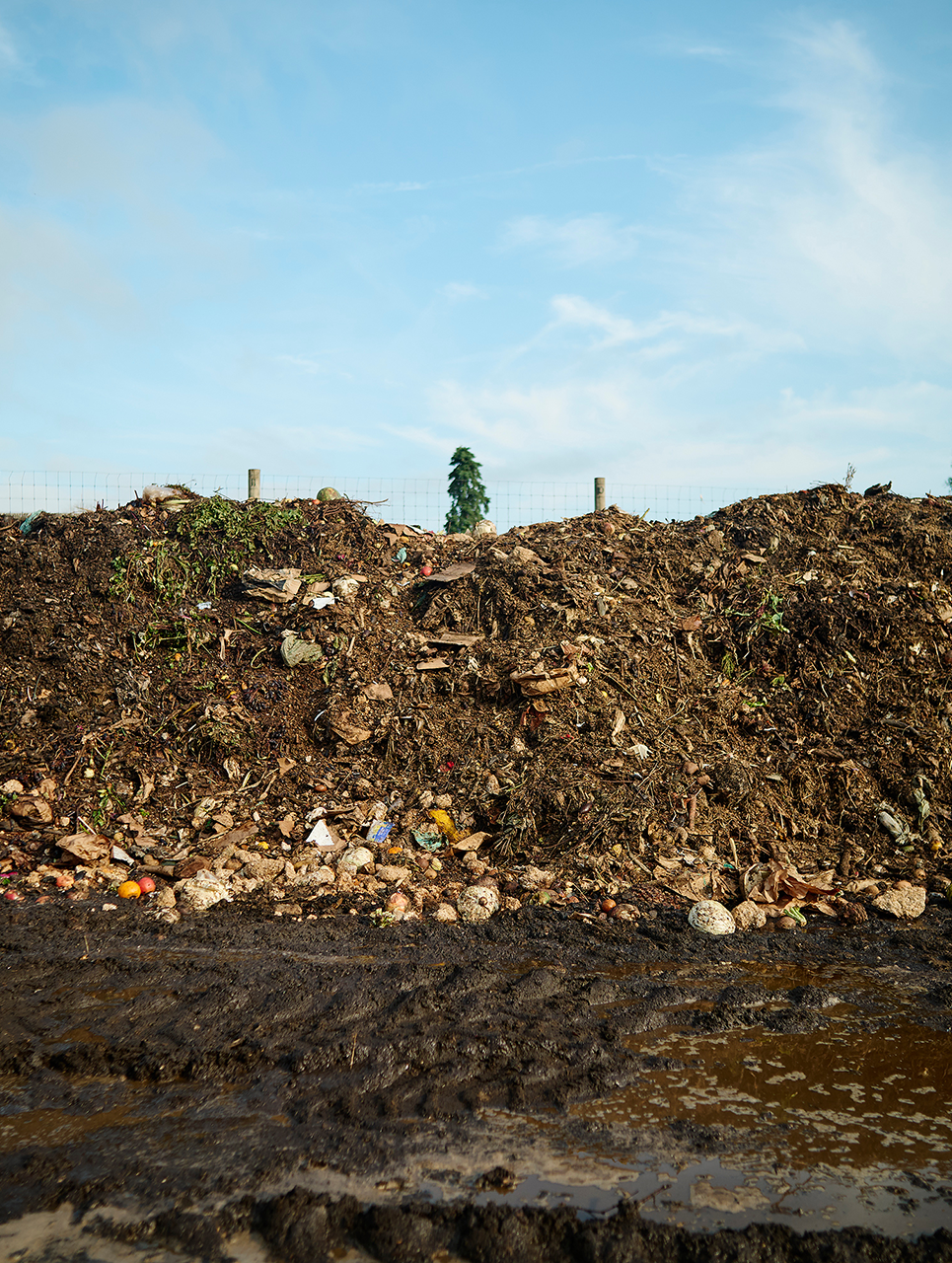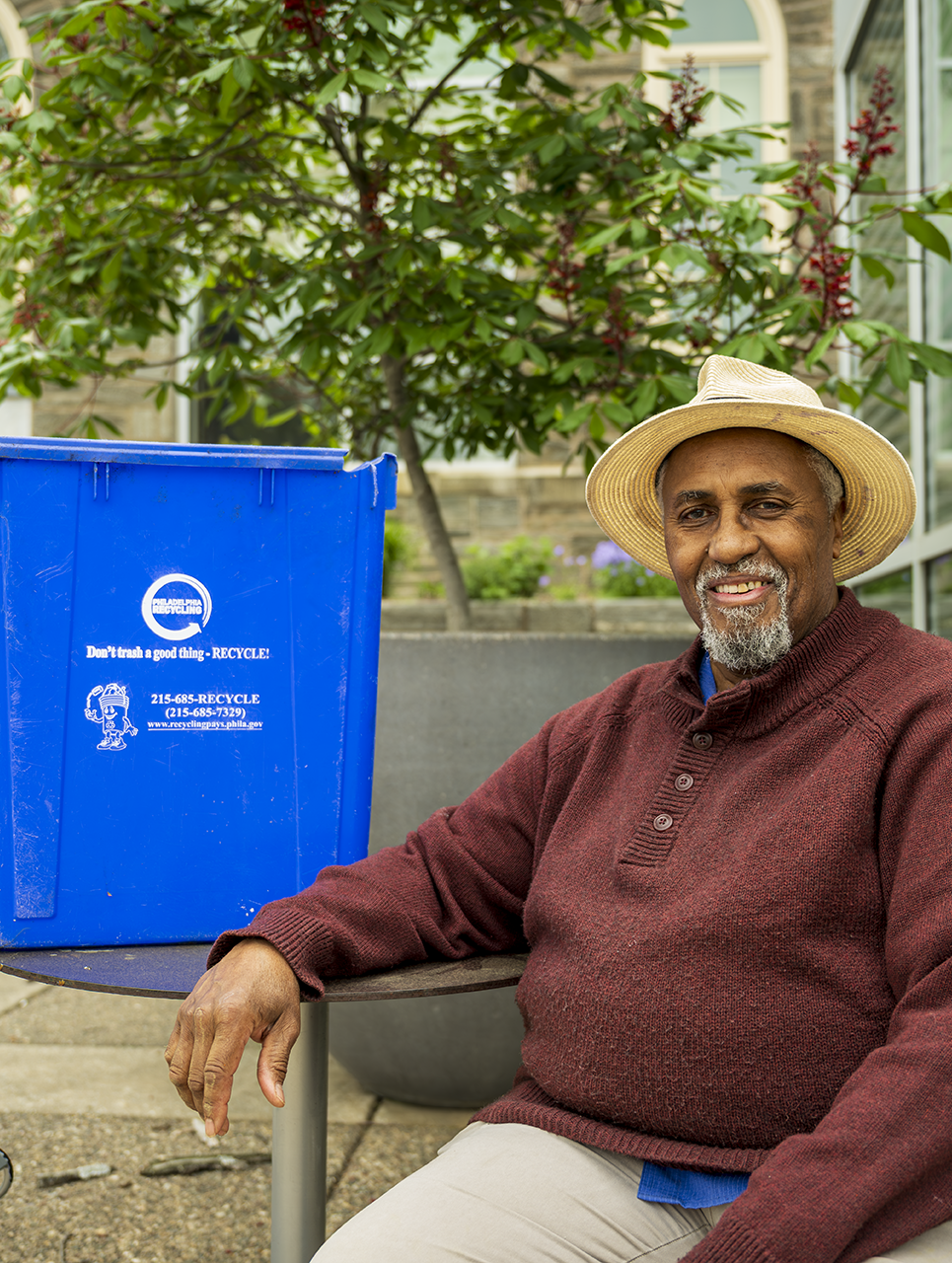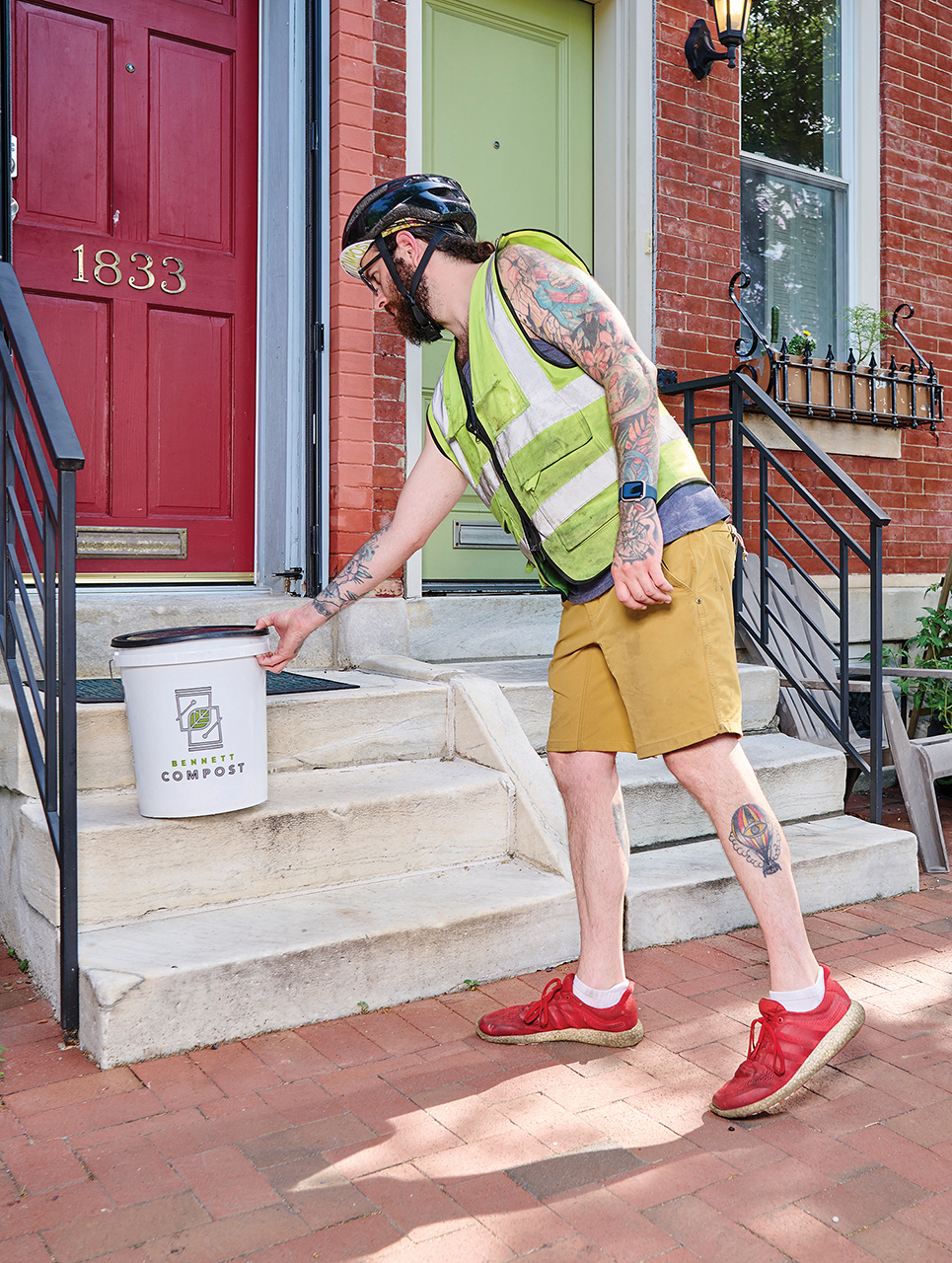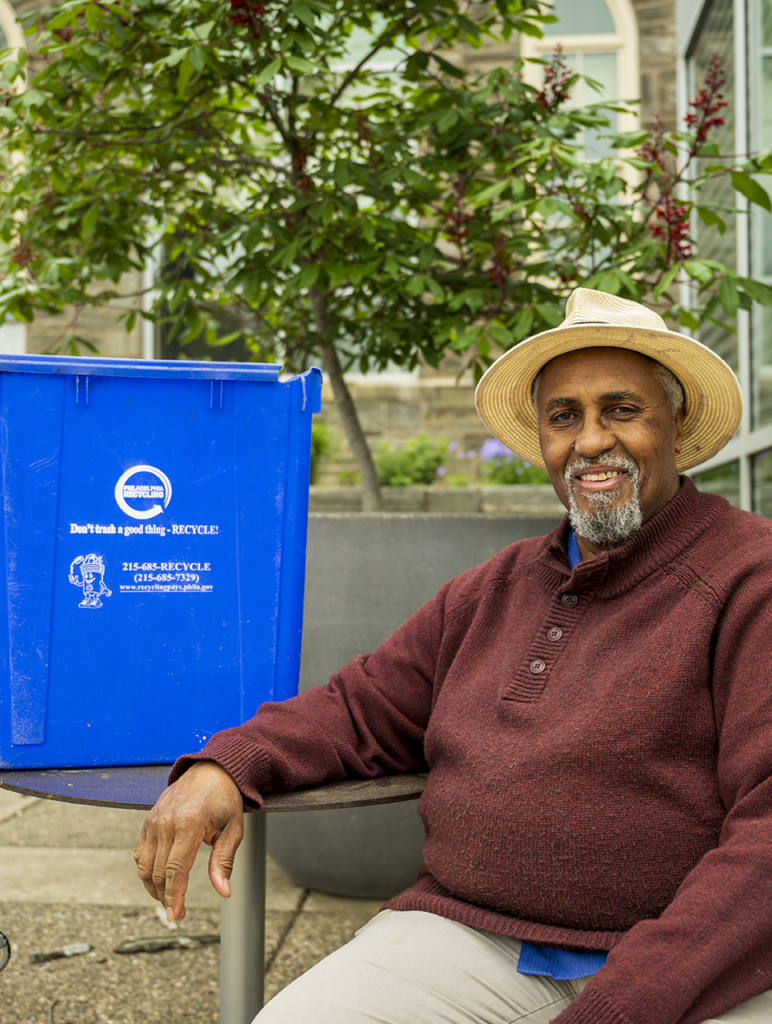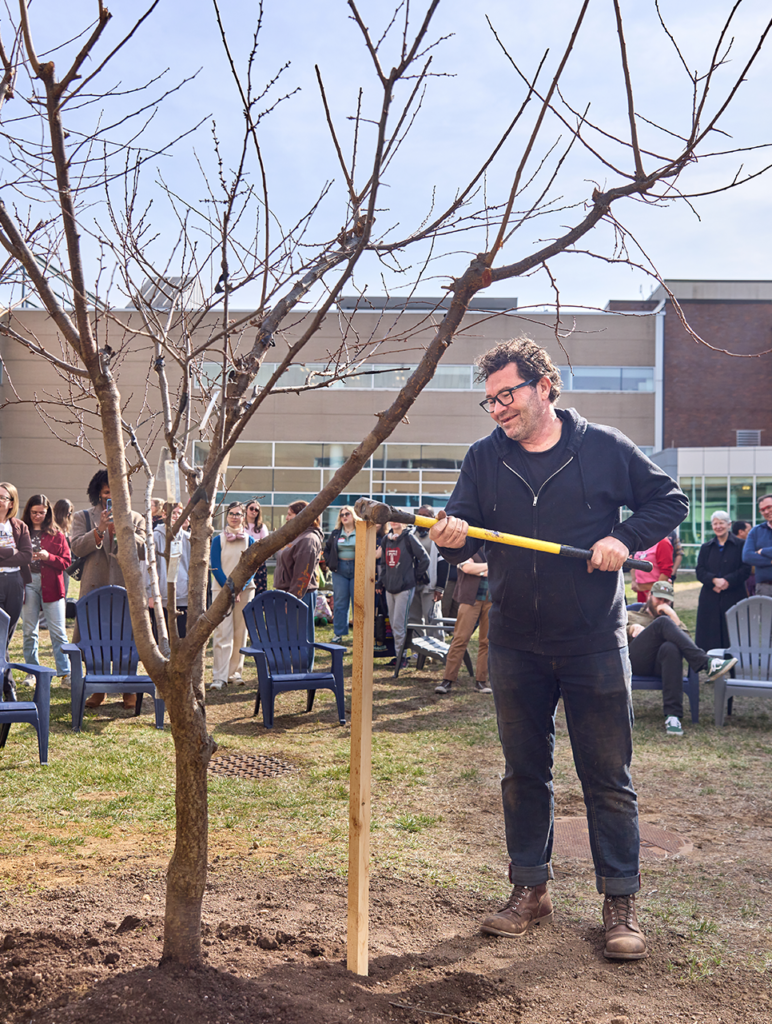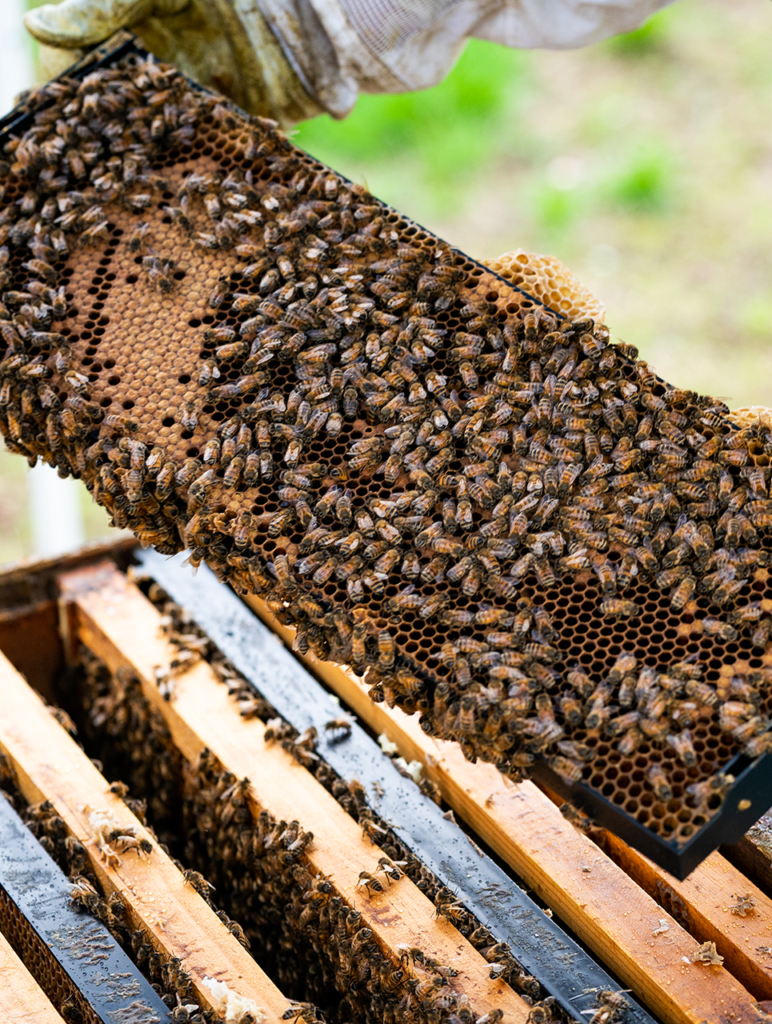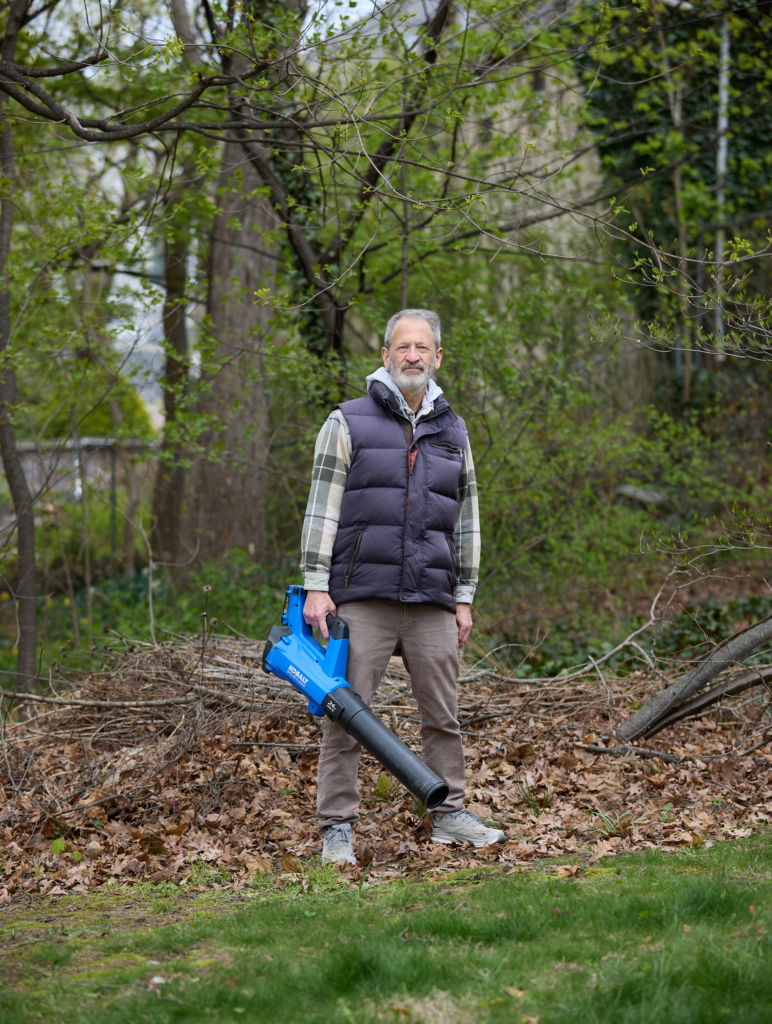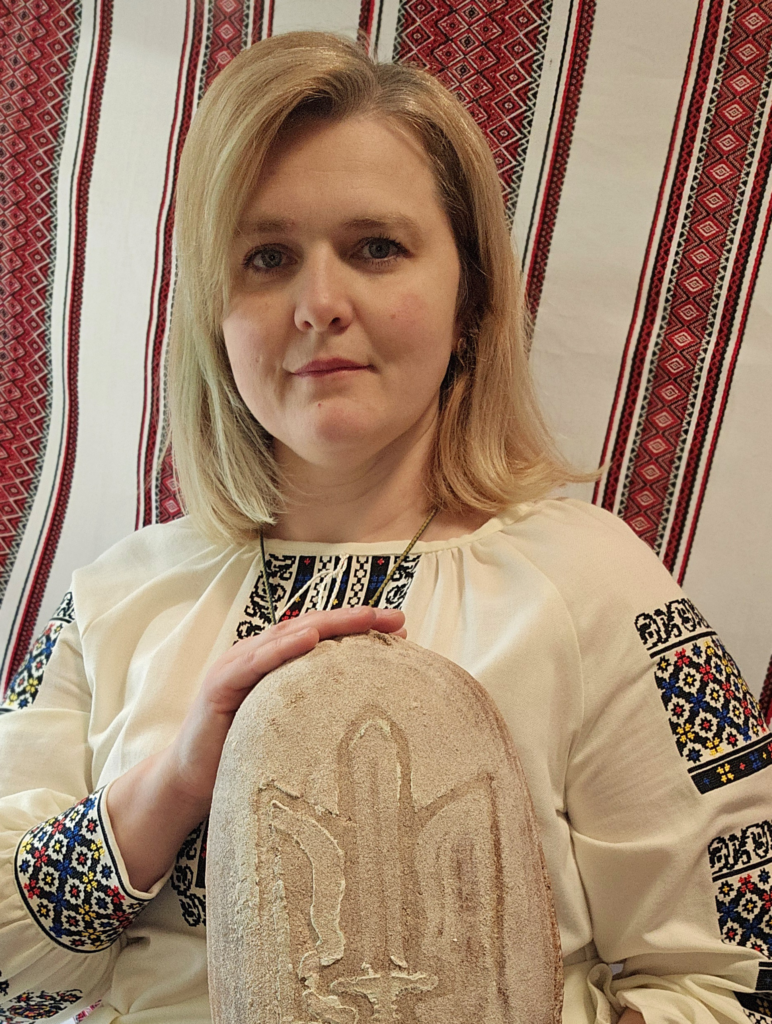In my previous two columns, I discussed a number of ways that the City could launch composting drop-off programs, either on its own or in partnership with private composting companies. A third way forward would be an expansion of Philadelphia Parks & Recreation’s Farm Philly Community Compost Network. Based on a program in Washington, D.C., the Community Compost Network builds three-bin composting systems at community sites that are run entirely by volunteers. Currently, of the nine active sites listed on the Community Compost Network website, only one — Liberty Lands Community Gardens — is accepting food scraps from the general public; the others accept drop-offs only from members of the host site. Farm Philly has announced that additional sites have been selected and bins are being built, but the timelines are not publicly available.
I am a big fan of the Community Composting Network. (Full disclosure: Bennett Compost has conducted training for Farm Philly in the past.) Some changes should be implemented, however, to make it a more robust composting solution.
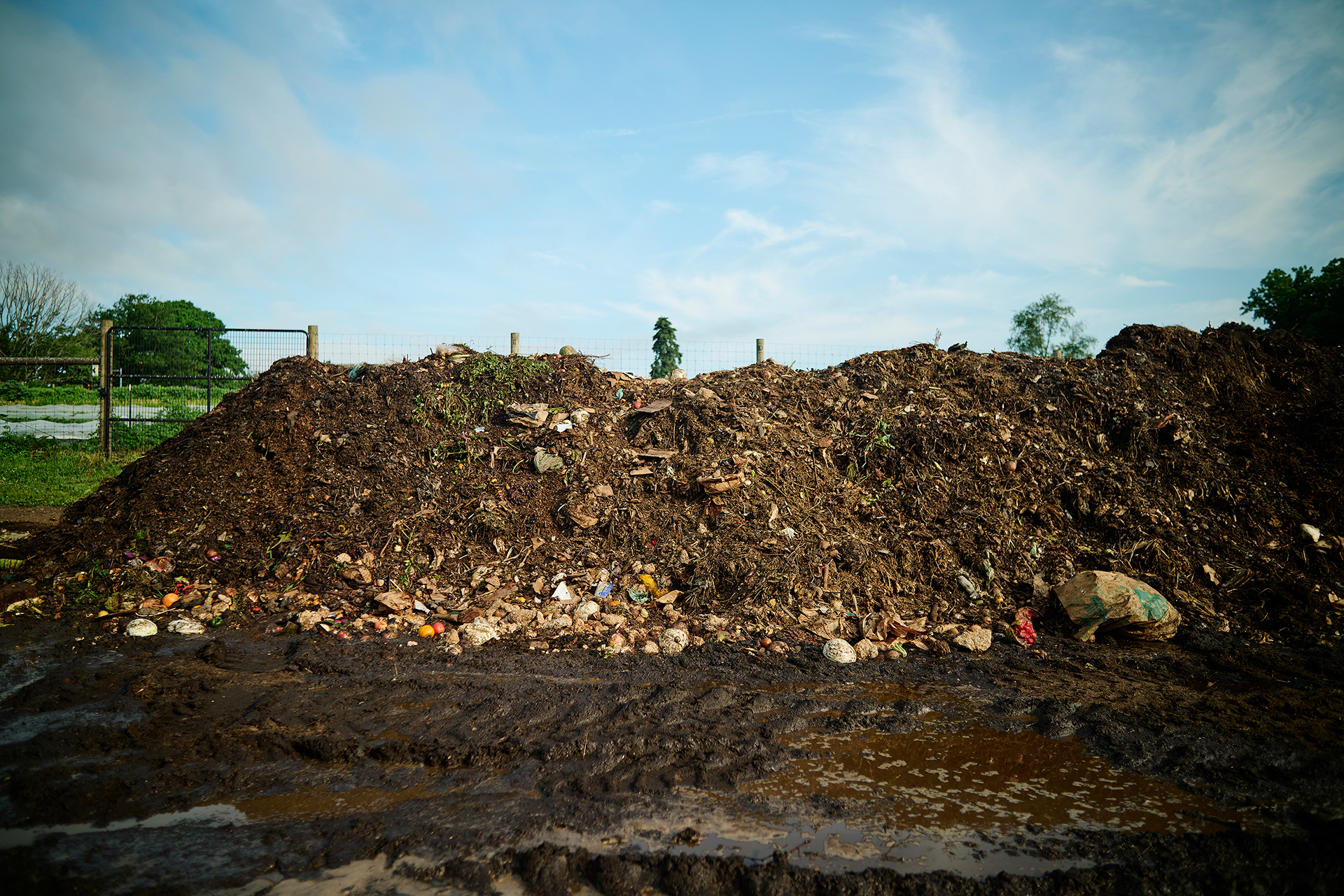
First, new sites should be required to offer public drop-off hours. Having these sites open to the public for at least an hour or two per week would broaden the network’s reach and make composting more accessible to more people. And we know the demand is there. The one site that does accept food scraps from the general public is only open for drop-offs one hour per week, but, according to reporting by Grid (#186, November 2024), they have stopped advertising the program because of overwhelming demand.
A second change would be to partner with either the City’s Department of Sanitation or a private compost company to provide the sites with compost collection bins that could be hauled away for composting at other locations. One concern that sites have about accepting outside material is being overwhelmed by the volume of material dropped off. Third-party involvement would alleviate this concern. The Sanitation Department is currently exploring the idea of a few unmanned drop-off bins; co-locating them with the Farm Philly Community Composting Network would both make these sites less likely to be contaminated with non-compostable materials and increase these sites’ capacity. And if collaboration with the Department of Sanitation doesn’t pan out, a new partnership could be developed with a private compost company (similar to the relationship Bennett Compost has with Parks & Rec to compost food waste from after-school programs at recreation centers).
The third change I’d suggest would be widening the geographic spread of the drop-off sites. According to the Farm Philly website, there are currently no sites in South Philly, West Philly or Southwest Philly and only one site each in Northeast and Northwest Philly. This leaves large swaths of the city without any access to this program. As additional sites are added, priority must be given to neighborhoods that don’t currently have access. Additionally, the City should work to identify neighborhoods with lower usage of private compost services and prioritize building sites in those neighborhoods. Targeting such neighborhoods will ensure that more total food waste is collected and composted, a more desirable goal than merely giving those already composting more options for how to do so.
This third way for Philadelphia to responsibly handle its food waste is less ambitious than what I outlined in previous columns. What it lacks in ambition, though, it makes up for in potentially lower costs and rollout time. And we have to start somewhere, Philly. Let’s do this!
Tim Bennett is the founder of Bennett Compost. Alex Mulcahy, publisher of Grid, is also a partner.


